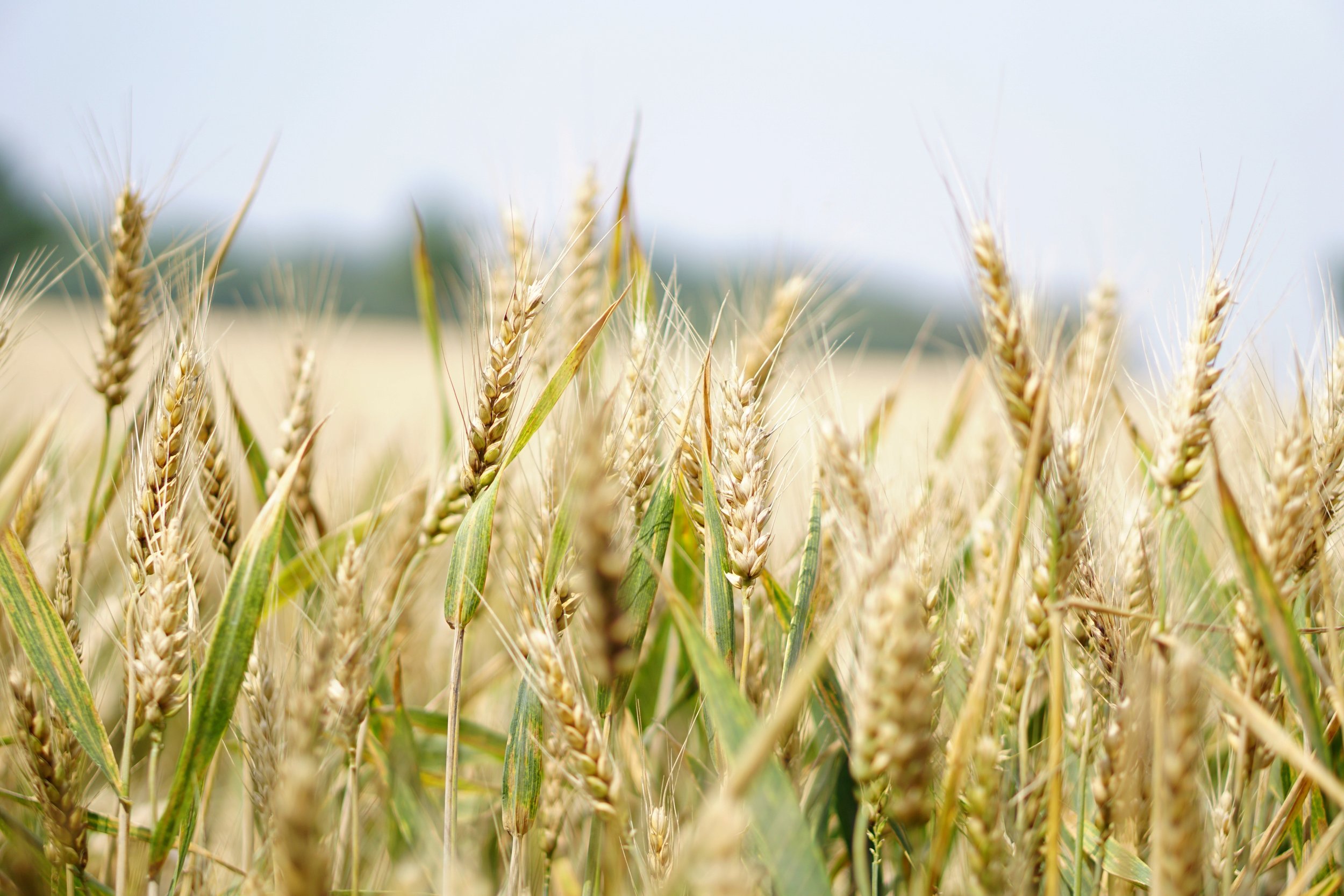Food production struggles without key ingredients for “junk food”
Hostess Brands CFO Travis Leonard is sounding the alarms - Twinkie production is hitting a wall.
Production scheduling challenges and transportation inefficiencies can all cast blame for the serious ingredient shortages compounded by the Russian invasion of Ukraine that has lasted since late February. Large food brands such as General Mills, Conagra Brands, and Mondelēz International are struggling with production issues due to the lack of global sunflower oil exports. The Ukraine region was responsible for 31 % of the ingredient in 2020-2021. Simply, Russia and Ukraine were responsible for 28% of the global wheat production - and they seem a bit busy at the moment with other concerns.
Due to the shortage, companies are now turning to substitute ingredients - such as Brazilian soybean and Canadian rapeseed oil. However, environmental factors have left even those substitutes in short supply, as well.
What will we do without Nutter Butters?!
Seismic evidence has revealed new details about the explosions linked to the attack on the Nord Stream pipelines.
A Tesla Model X that was declared 'totaled' in the U.S. last year unexpectedly reappeared online and began sending notifications to its former owner, CNBC Executive Editor Jay Yarow, several months later.
A drone attack conducted by Russia targeted more than 700 grain warehouses on the Danube River in Ukraine, damaging crucial infrastructure for Kyiv's grain export route.
Russia's decision to withdraw from a grain export deal with Ukraine has escalated concerns about global food supplies and prices.
Wheat prices experienced a significant increase following Russia's actions targeting Ukraine's grain export infrastructure.
The expiration of the Black Sea grain deal, which allowed Ukraine to export grain via the Black Sea, is a significant development with implications for global food prices and the World Food Programme (WFP).
The United Nations-brokered Black Sea Grain Initiative, which has facilitated the safe export of 32 million metric tons of food from Ukraine, is set to expire on July 18.
Frank Sonzala, a veteran in the trucking and transportation industry, is spearheading a business plan to address the pressing issue of the nationwide truck parking shortage.
The Pentagon has started utilizing the $600 million Defense Production Act funding allocated from the $40 billion Ukraine aid package.
The global economy, already grappling with the aftermath of the pandemic and the war in Ukraine, faces further uncertainty as chaos in Russia threatens to disrupt stability.
The Federal Emergency Management Agency (FEMA) has engaged the services of two Ukrainian cargo airlines to support emergency airlift operations for disaster recovery in Guam, despite objections from U.S. carriers.
As global supply chains face disruptions caused by factors like the Ukraine conflict and China's economic slowdown, a growing number of companies are opting to bring their production back home.
Adapting to changing dynamics and the departure of major logistics companies, the Russian shipping and transportation sector is finding opportunities for growth.
Weakness in U.S. box demand continues to reflect the challenging state of the goods economy, with the three largest North American containerboard/box producers reporting significant declines in Q1.
One year after the war, Ukraine's economy has shrunk by 30%, which is a significant contraction compared to its pre-war output of $200 billion.
Gatik Ship Management and Fractal Shipping have seemingly sprung out of nowhere to run $2 billion in tanker assets between the two of them.
Transportation of Lithium-ion batteries is a challenge for even the most seasoned logistics company.
The oil and gas landscape has been disrupted and the world has been struggling to find its footing since February 2022 - when Russia invaded neighboring Ukraine.
Buyers across the globe are still buying up Russian oil, despite heavy sanctions layered by the US and the EU on the product.
Economic historian Chris Miller, a professor at Tufts, is tackling the challenges associated with the semiconductor industry with their new book, "Chip War: The Fight for the World's Most Critical Technology”.
A shortage of ships to transfer the massive wind turbines to their locations from shore to sea has been a pitfall of the continent’s green energy project.
Improving truck driver health is a critical component in addressing the truck driver shortage and reducing turnover rates in the trucking industry.
While Ukraine’s allies ponder whether they should provide the country with modern tanks in order to defend itself from invading Russia, the European Union is weighing its options.
Digitization can automate many of the manual processes that are currently done by customs and drayage workers.
Insurance companies and reinsurers - those who insure the insurance companies - have been warning of scaling back after a multitude of losses associated with the conflict in Ukraine and Hurricane Ian.
Shipping firms transporting commodities such as oil and grains are beginning to panic as underwriters begin to pull back from reinsuring any risks that are related to the Russia-Ukraine war.
The United States’s dependence on Ukrainian and Russian-originated neon gas, palladium, platinum, and pig iron have been highlighted as some of the most affected commodities since February 2022.
Eventually, prices are passed to the consumers.
The Ukrainian Grain Corridor, originally made possible with the assistance of the neighboring country Turkey and the United Nations is no more.































After months of secrecy surrounding President Biden's decision to provide ATACMS missiles to Ukraine, it has been revealed that the missiles are now in Ukrainian possession and have been used in attacks on Russian military facilities.